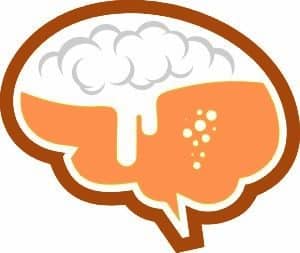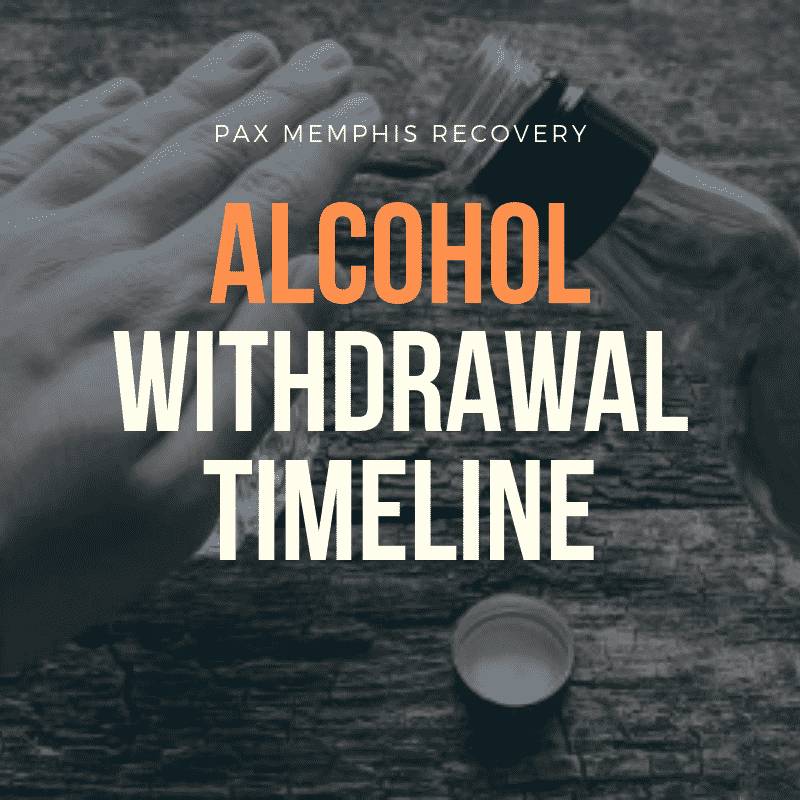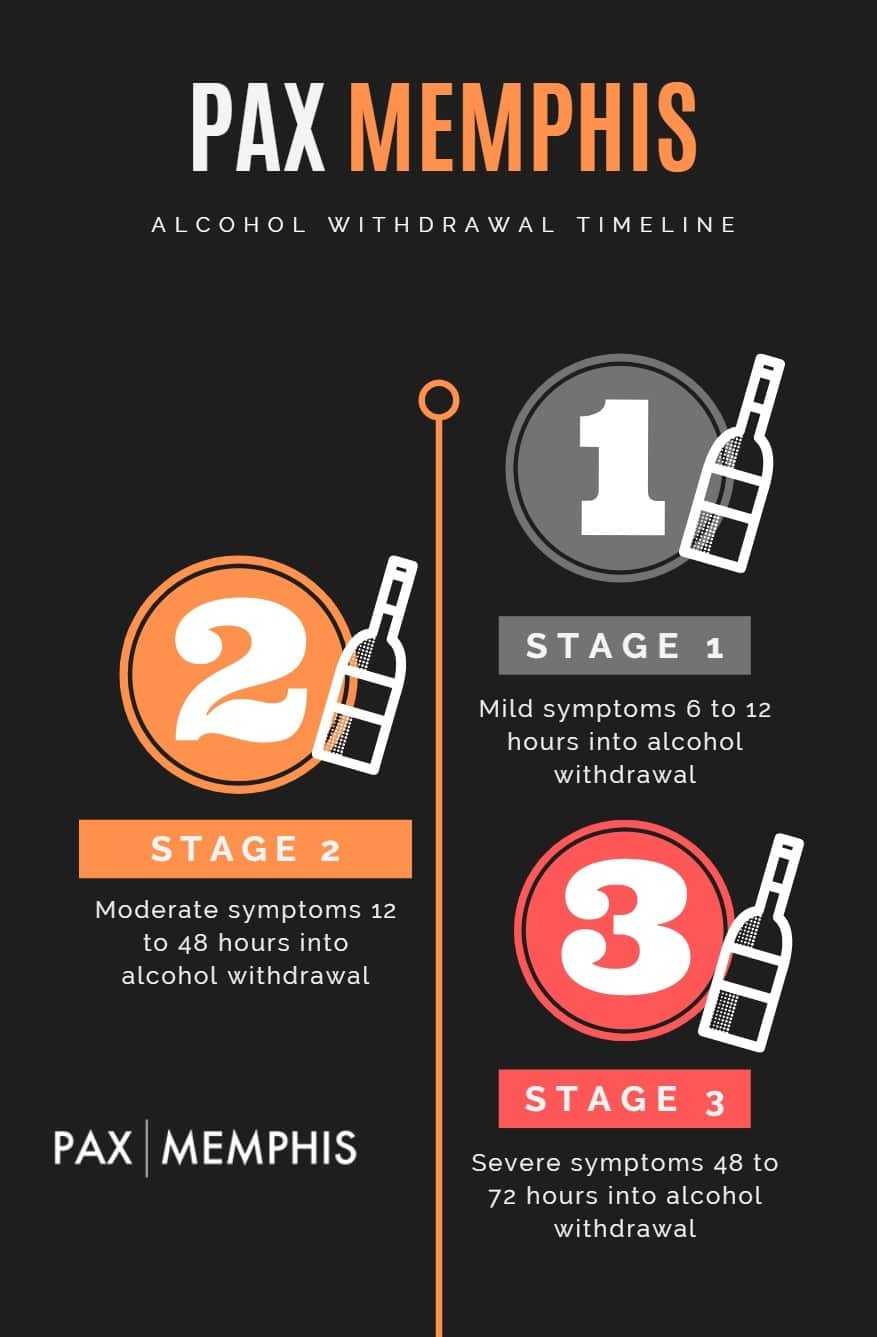A Guide to Alcohol Withdrawal
Alcohol use disorder affects not only the person suffering, but it affects their loved ones as well. The National Institute on Alcohol Abuse and Alcoholism estimates that 15.1 million adults suffer from alcohol use disorder, but only 6.7% of this group will seek professional help. Without detox and alcohol treatment, it can be near impossible to get sober.
While detox is the first thing to do when choosing a sober lifestyle, the withdrawals from alcohol can be brutal. Many people with alcohol use disorder will continue to drink in order to avoid going into alcohol withdrawal, despite wanting sobriety.

What causes Alcohol Withdrawal?
Alcohol is a legally obtained intoxicating substance that, when consumed in copious amounts over an extended period of time, can lead to the development of tolerance and physical dependence. Tolerance develops as the body requires an increasing amount of alcohol in order to achieve the desired effects. As alcohol abuse continues, a person’s tolerance will continue to increase.
As tolerance to alcohol progresses and builds, it is likely that physical dependence will develop as well. If you are dependent on alcohol, you will experience uncomfortable and potentially fatal withdrawal symptoms.
A person should never attempt to detox from alcohol alone and there are many professional detox services available to help. Alcohol withdrawal can be an extremely unsettling and scary experience if done alone. Even though detoxification is the body’s natural process of removing toxins from the body, when alcohol is concerned it can turn deadly. In a medical setting, trained professionals can monitor your symptoms and be prepared to administer any medications necessary to give you a safe, comfortable detox experience.
Alcohol Withdrawal Symptoms
Individuals may experience alcohol withdrawal differently depending on various factors such as gender, weight, age, length of alcohol use, the severity of alcohol use, and mental and physical health. Many drinkers will continue to consume alcohol in order to avoid unruly withdrawal symptoms.
If you have a physical dependence on alcohol, you may experience some or all of these withdrawal symptoms:
- Trouble sleeping or nightmares
- Nausea and vomiting
- Lack of appetite
- Shakes and tremors
- Increased heart rate
- Increase in blood pressure
- Profuse sweating
- Depression
- Irritability
- Anxiety
- Fever
- Impaired judgment and memory
- Confusion
- Light and sound sensitivity
- Headaches
- Disorientation
- Auditory or visual hallucinations
- Delusions
- Seizures
The most serious symptom of alcohol withdrawal is delirium tremens. Delirium tremens can result in complications such as respiratory arrest, cardiac arrhythmia, oversedation, or aspiration pneumonitis. These symptoms all have the potential to be fatal or cause serious infections.
You are more likely to be at risk of delirium tremens if you are a middle-aged or senior citizen, have experienced seizures during previous withdrawals, have a mental illness, have an abnormal liver function, or have abused alcohol for an extended period of time.
Stages of Alcohol Withdrawal
The severity of alcohol withdrawal is categorized into 3 different stages. These stages can be used to access your symptoms. If a person does not receive treatment for their alcohol use disorder, a person can quickly progress from stage 1 withdrawal to stage 3 withdrawal from one drinking bout to the next.
- Stage 1 (mild) – Mild withdrawal consists of less serious symptoms like headaches, anxiety, irritability, and insomnia.
- Stage 2 (moderate) – Moderate withdrawal includes stage 1 symptoms plus rapid heart rate, sweating, slight confusion, and a low fever.
- Stage 3 (severe) – Stage 3 withdrawals are the most severe as they include disorientation, hallucinations, and seizures. Stage 3 withdrawals have the potential to be fatal.
To safely manage any severe withdrawal symptoms, it is important to seek professional help through a detox facility.
Alcohol Withdrawal Timeline
While alcohol withdrawal is quite unpleasant, alcohol is a fast acting substance that the body metabolizes fairly quickly. The onset of withdrawal symptoms will typically begin between 4 and 12 hours after taking the last drink. (fnbc.us) Symptoms of alcohol withdrawal are usually the worst when they peak around the second day without a drink. However, since alcohol clears the body quickly, most withdrawal symptoms subside by day 4 or 5. In extreme cases, some less severe symptoms can last from one week to a month.
A person may experience a longer withdrawal period if they combine alcohol with other drugs, have another serious health condition, have a family history of alcoholism, or have experienced alcohol withdrawal in the past.
Alcohol Detox
Detox is a safe, medically supervised environment where individuals can safely detox from alcohol and other substances while receiving the proper medical treatment needed to ensure the most comfortable detox experience possible. The staff at PAX Memphis Recovery Center will provide around the clock care and supervision while your system clears itself from alcohol. They will also be ready and able to intervene in the event of a serious medical emergency as a result of alcohol withdrawal.
As you enter detox, you will undergo a professional medical evaluation. Here, a medical professional will access the severity of your withdrawal symptoms in addition to your mental and physical health. Our professionals will work closely with you to develop a personalized detox plan to effectively meet your individual needs. You can rest assured that our staff will make your detox a pain-free process.
Our trained medical health professionals will then work with you to accommodate your needs throughout the detox process. They will provide you with close monitoring and support in order to identify any possible complications and intervene when necessary. Their main goal is to keep you safe and comfortable as you take the first step towards sobriety by going through detox.
After Detox
Once you are medically stable and have completed detox, our staff will help you with your transition out of detox as they develop an aftercare plan to best suit your needs. They will be with you each step of the way as you are transitioned into a recovery support program to give you the relapse prevention tools you will need to maintain your sobriety.
Alcohol detox is only the first step towards long-term sobriety. Relapse is likely for those who do not participate in a recovery program, which will prepare you with all the tools you need to stay healthy and sober. Let us help your alcohol withdrawals subside by giving us a call today.
SOURCES:
National Institute of Alcohol Abuse and Alcoholism Alcohol Facts and Statistics
National Institute of Health Complications of Alcohol Withdrawal
American Academy of Family Physicians Outpatient Management of Alcohol Withdrawal

